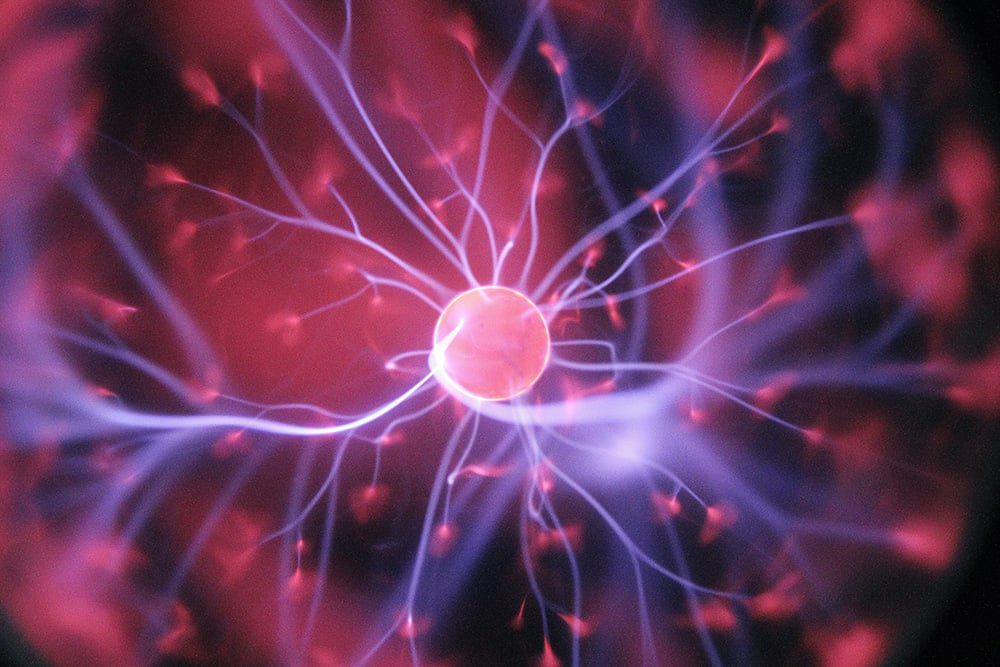Google just dropped a tech bombshell, and it’s not your average gadget announcement. Meet Willow, Google’s latest quantum computing chip, and let me tell you—it’s not just faster or more efficient. It’s so advanced that some scientists are suggesting it might actually be pulling computational power from other universes. Yes, you read that right. This isn’t a sci-fi movie—it’s cutting-edge science in 2024.
Hartmut Neven, the mastermind behind Google Quantum AI, shared in a blog post that Willow performed a computation in under five minutes. That’s cool, but here’s the jaw-dropper: the same calculation would take one of today’s fastest supercomputers a whopping 10 septillion years. For those struggling to imagine that number (spoiler: everyone), it’s 10,000,000,000,000,000,000,000,000 years. To put it into perspective, that’s longer than the entire history of the universe.
According to Neven, this isn’t just a flex of technological muscle. He believes the performance lends credence to a mind-boggling theory: quantum computations might actually happen across parallel universes. In other words, Willow’s success might be proof that we’re living in a multiverse—a theory first proposed by physicist David Deutsch and now making waves outside the physics lab.
Why Quantum Computing is a Game-Changer
Quantum computers are unlike anything you’ve ever typed your Netflix password into. Instead of using traditional bits (those familiar 0s and 1s), they rely on qubits, which can exist as both 0 and 1 simultaneously. It’s like Schrödinger’s cat, but for math. This phenomenon, called superposition, allows quantum computers to handle calculations at speeds that make even the best traditional computers look prehistoric.
But wait, there’s more! Quantum computers also harness quantum entanglement, where particles are linked in such a way that changes to one affect the other—no matter the distance between them. It’s weird, fascinating, and a bit like the universe’s version of telepathy.
However, quantum computing isn’t all smooth sailing. Qubits are delicate little things, prone to errors the more you add. That’s been a major stumbling block for researchers trying to scale quantum computers. Enter Willow. Google claims this chip reduces errors significantly, which could make large-scale quantum computing a reality.
The Multiverse Debate
As you can imagine, not everyone is jumping on the “multiverse confirmed” bandwagon. Critics argue that Google’s claims are based on a benchmark it created—a yardstick designed by the very team touting the results. It’s kind of like grading your own test and giving yourself an A+.
Still, the multiverse idea isn’t entirely far-fetched. The theory has long intrigued physicists, and some argue that quantum computing’s power could indeed come from interactions with parallel universes. While skeptics remain cautious, the concept is gaining traction, especially with Willow’s astonishing results.
Quantum computing has always been a mix of science and wonder, but Google’s Willow chip takes it to a whole new level. Whether it’s proof of a multiverse or simply a groundbreaking technological feat, one thing’s for sure: the future just got a lot more interesting.












Leave a Reply